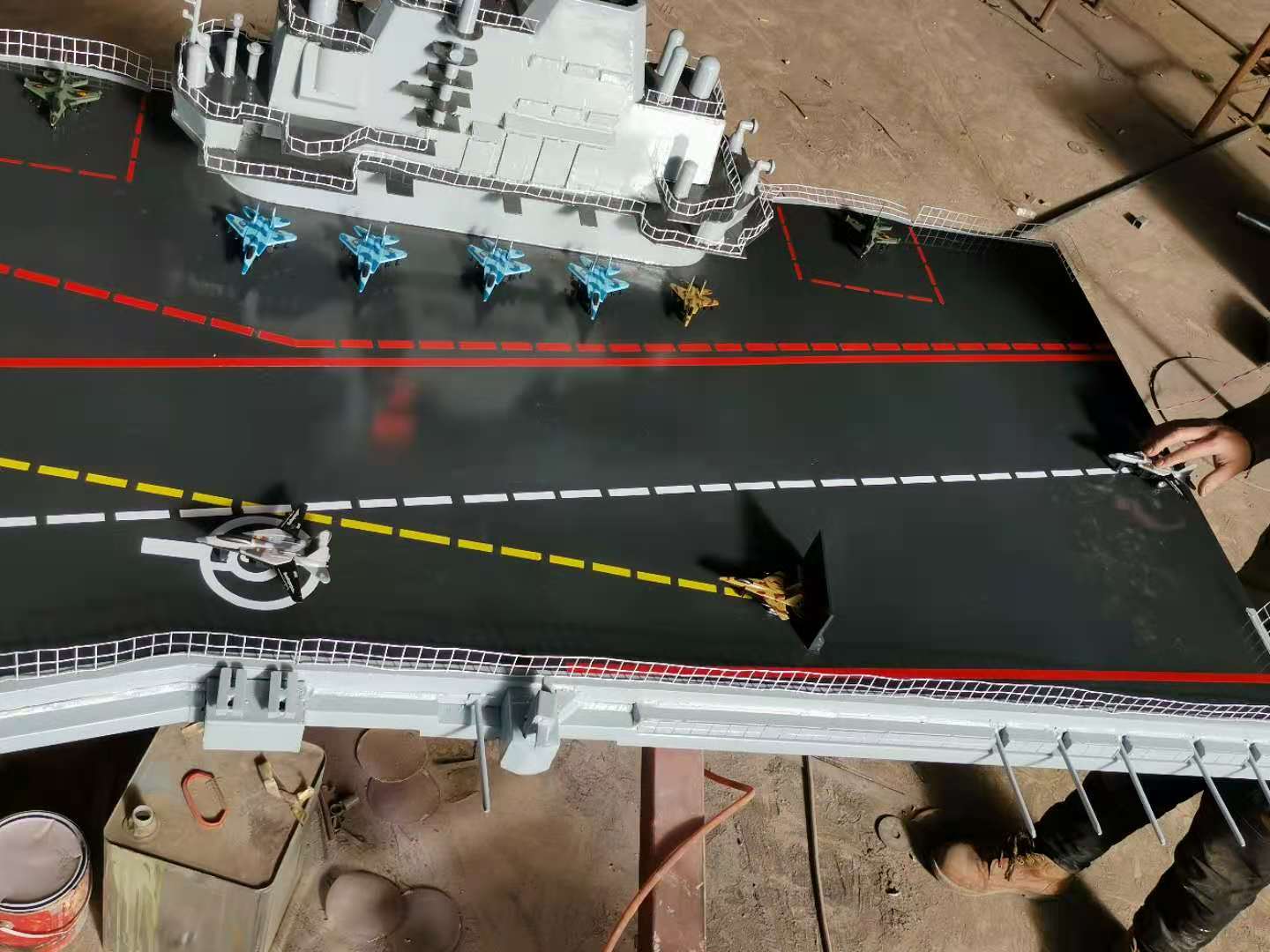靜態模型是一種空間立體藝術,與平面藝術不同的是,靜態模型是在3D結構上創作。有些人覺得模型就是玩具,這是一個很大的誤區,毫不避諱地說,真正能玩轉這類“玩具”的人還真沒多少,很多人剛剛開始嘗試,可能就會被各種困難直接勸退了。
Static model is a kind of spatial three-dimensional art. Different from graphic art, static model is created on 3D structure. Some people think that models are toys, which is a big misunderstanding. It is not taboo to say that there are not many people who can really play with such "toys". Many people may be directly discouraged by various difficulties when they just start trying.
步:選擇制作套件
Step 1: select the production kit
如今可選的套件和廠家越來越多,主要看以下幾個維度來選擇:性價比、組合度、細節準確度。組合度就是各零件裝配精度,組合度越好制作起來越愉悅。性價比不用介紹,就是字面意思,主要看和配置,細節準確度就是開模精度和考證準確度,比如尺寸厚薄、細節還原度等。
Nowadays, there are more and more optional kits and manufacturers, which mainly depends on the following dimensions: cost performance, combination and detail accuracy. The combination degree is the assembly accuracy of each part. The better the combination degree is, the happier the manufacture is. Cost performance doesn't need to be introduced. It means literally. It mainly depends on the price and configuration. The accuracy of details is the accuracy of mold opening and research, such as size thickness, detail reduction, etc.
第二步:素組及改造
Step 2: element composition and transformation
素組通俗來講就是用膠水組裝起來的過程,套件剛買回來打開是這樣的:
Generally speaking, the plain group is the process of assembling with glue. The kit has just been bought and opened as follows:

需要把每個零件剪下來,打磨好后組裝起來,改造是素組的一個非必要部分,直做就是按說明書直接拼裝,不添加任何其他改造。建議制作技能熟練后再考慮改造,改造有一定的技術門檻,學會改造后就可以隨心所欲的按照你的想法制作模型。
Each part needs to be cut off, polished and assembled. The transformation is an unnecessary part of the element group. The direct operation is to assemble it directly according to the instructions without adding any other transformation. It is suggested to consider the transformation after mastering the production skills. There is a certain technical threshold for the transformation. After learning the transformation, you can make models according to your ideas.
比如高達附加裝甲、坦克細節等等,就像下面這個虎式坦克,可以按照歷史照片來改造材料為樹脂、銅片(絲)、金屬履帶等等。
For example, Gundam's additional armor, tank details and so on. Just like the Tiger tank below, the materials can be transformed into resin, copper sheet (wire), metal track and so on according to the historical photos.
第三步:上色
Step 3: color
上色就是把顏料附著在模型表面的過程,手涂、噴涂都可以,油漆有水性漆、琺瑯漆、硝基漆,后兩種是油性漆,附著力水性漆小于琺瑯漆小于硝基漆,毒性水性漆小于琺瑯漆小于硝基漆,屬性各有利弊,根據實際情況謹慎選擇。
Coloring is the process of attaching the pigment to the surface of the model. It can be applied by hand or spraying. The paint includes water-based paint, enamel paint and nitro paint. The latter two are oily paint. The adhesion of water-based paint is less than enamel paint and less than nitro paint, and the toxicity of water-based paint is less than enamel paint and less than nitro paint. The properties have their own advantages and disadvantages. They are carefully selected according to the actual situation.
先噴補土,補土是為了增加面漆的附著力,灰白色就是水補土:
Spray the soil first. The purpose of soil filling is to increase the adhesion of the finish coat. Gray white is water soil filling:
然后是迷彩:
Then camouflage:
然后是水貼,很多小標志很難手工制作,套件都會有水貼,下面這個德軍十字標就是水貼,當然高手也可以自制。
Then there are water stickers. Many small signs are difficult to make by hand. The kit will have water stickers. The following German cross is water stickers. Of course, experts can also make their own.
第四步:舊化
Step 4: Aging
剛上完色的模型看起來都比較“新”,顯然不符合實際。舊化就是讓模型看起來更真實、有質感,比如掉漆、流痕、銹跡、油漬、泥土等等。
The newly painted models look relatively "new", which is obviously not in line with the reality. Aging is to make the model look more realistic and textured, such as paint falling, flow marks, rust, oil stains, soil and so on.
